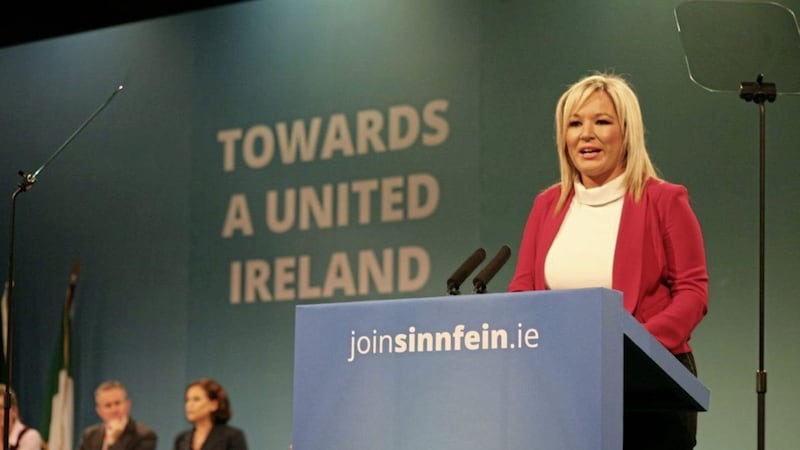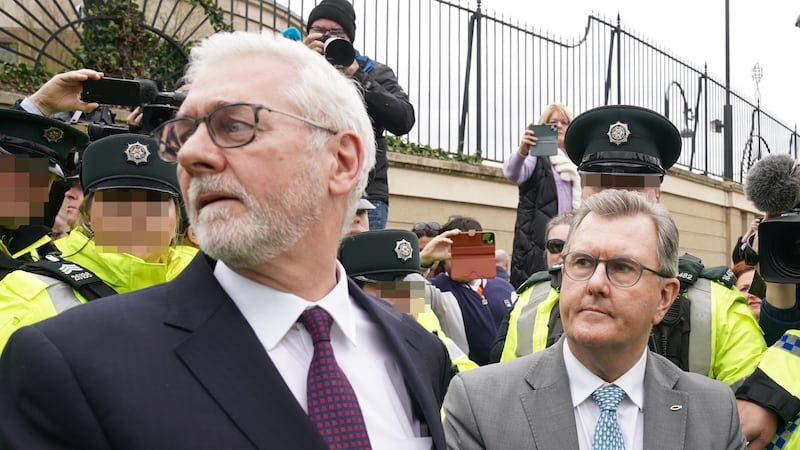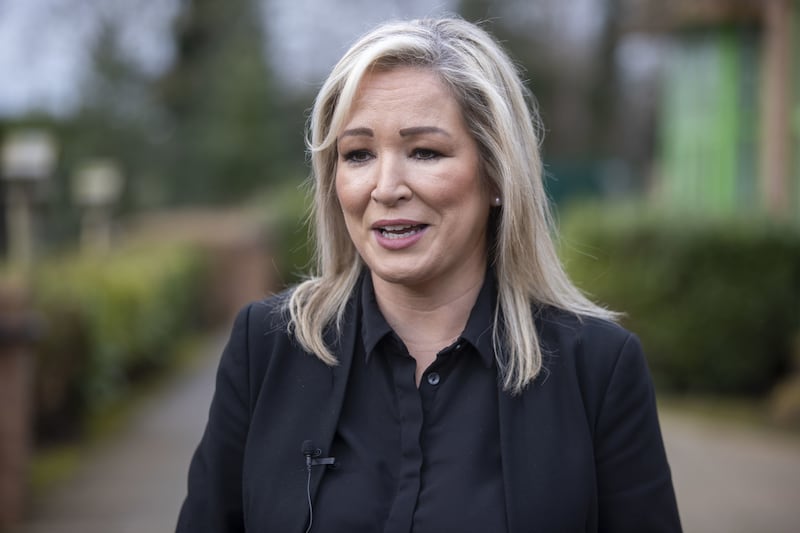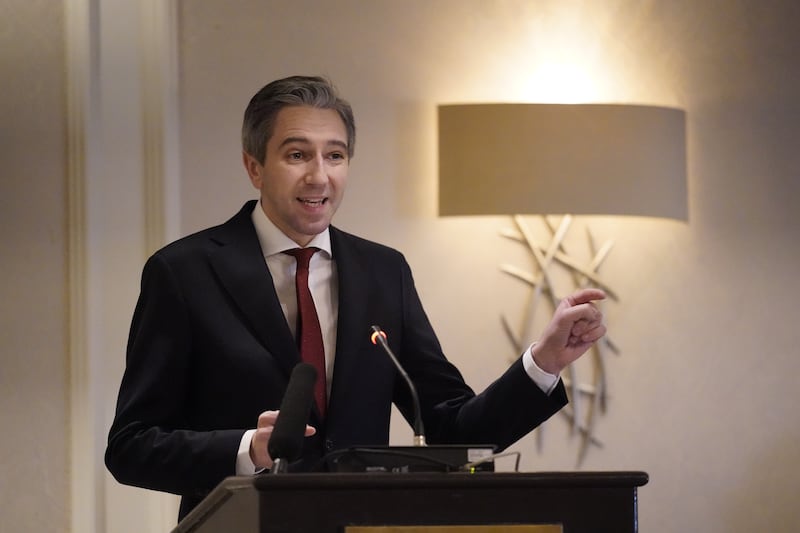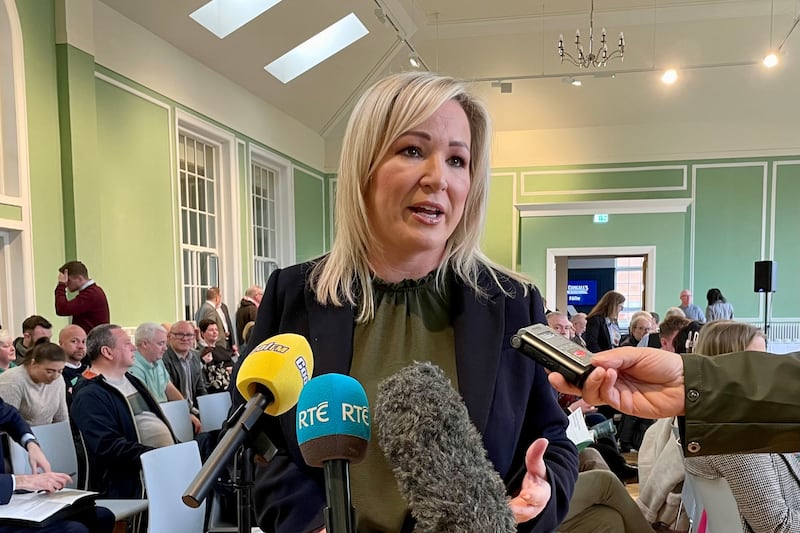IN July both the British and Irish governments met in London as treaty signatories of the Good Friday Agreement.
The agreement provides a formal structure for them to meet and focus their efforts through the British-Irish Intergovernmental Conference.
The meeting back in July was the first time the conference has been convened in 10 years.
It was an opportunity to help arrest the political drift which has occurred since negotiations broke down in February, and for both governments to fulfil their obligations and help remove the obstacles to genuine power-sharing, equality and citizens' rights.
The onus is on the governments to provide joint stewardship.
However, it clear to everyone that the governments have done nothing.
This is because two present realities are undermining any real attempts to do so.
First is the unwanted Brexit which is being imposed on the north against the wishes and best interests of people here.
Secondly is the DUP/Tory pact at Westminster where Theresa May's government is wholly reliant on the DUP to stay in power.
The obligation to act with impartiality was cast aside the day that agreement was signed. From that day forward, there has been no intent whatsoever to seek a political resolution that would see our power-sharing institutions restored.
London knows that any resolution will necessitate challenging the DUP's refusal to share power on the basis of equality.
As a result, Dublin is routinely dismissed.
Last week, British secretary of state Karen Bradley introduced legislation at Westminster to remove her powers to call an assembly election, and to tactically pre-empt a court decision which would force her to so do.
Her Executive Formation & Exercise of Functions Bill doesn't do what it says on the tin, and will do nothing to help restore the power-institutions.
It was aimed only at saving face for a British government that knew the courts would soon order it to uphold its obligations under the legislation and convene an assembly election.
It speaks volumes about this British government that it would prefer to change the law than comply with it.
That is a hugely retrograde step and further evidence that there are no depths to which Theresa May's administration is not prepared to go in order to sustain its pact with the DUP which is having a toxic impact on politics here.
This presents a real challenge to progress.
However, I believe circumstances and political conditions change - and that all roads will bring us back to the negotiating table.
In the meantime the onus is firmly on Simon Coveney and Karen Bradley to demonstrate to the people here that they remain committed to progress.
They can do this by signalling clearly when they meet at the forthcoming British-Irish Intergovernmental Conference, what their plan actually is in order to drive the process forward.
The two governments must get back on board with this process to find resolution and put a stop to the endless drift.
:: Michelle O'Neill is Sinn Féin deputy leader
